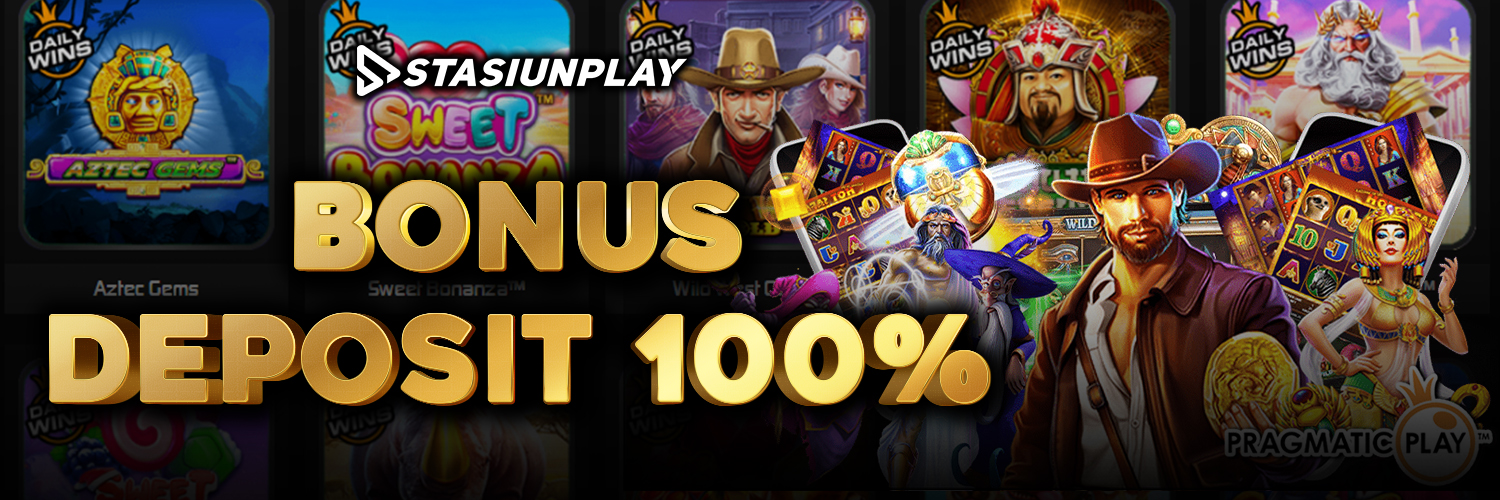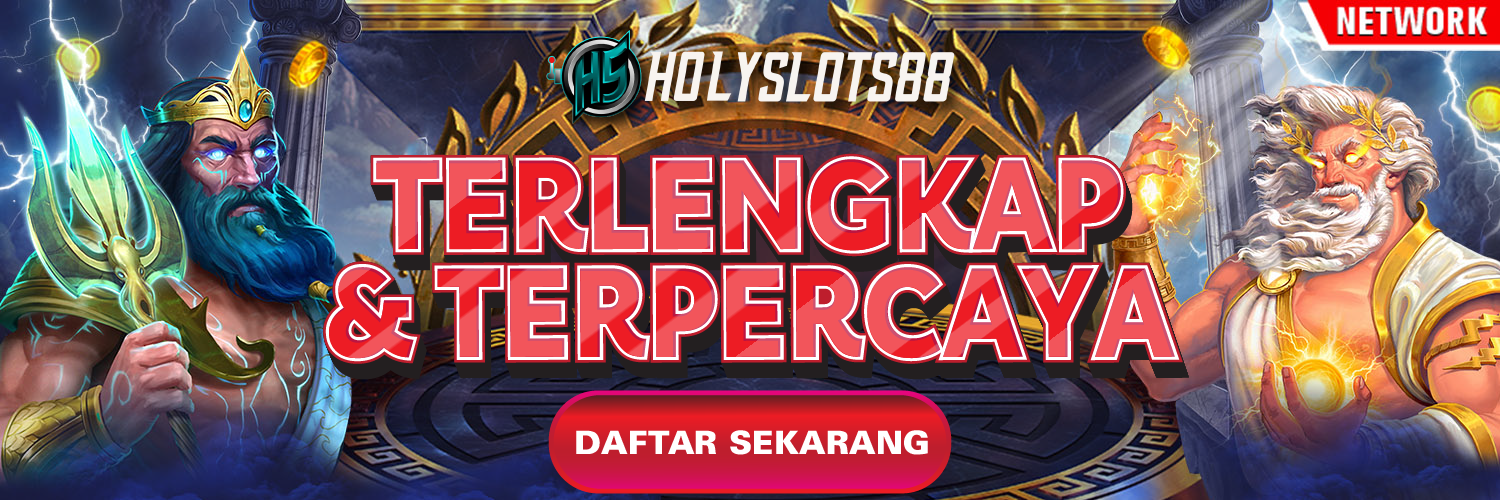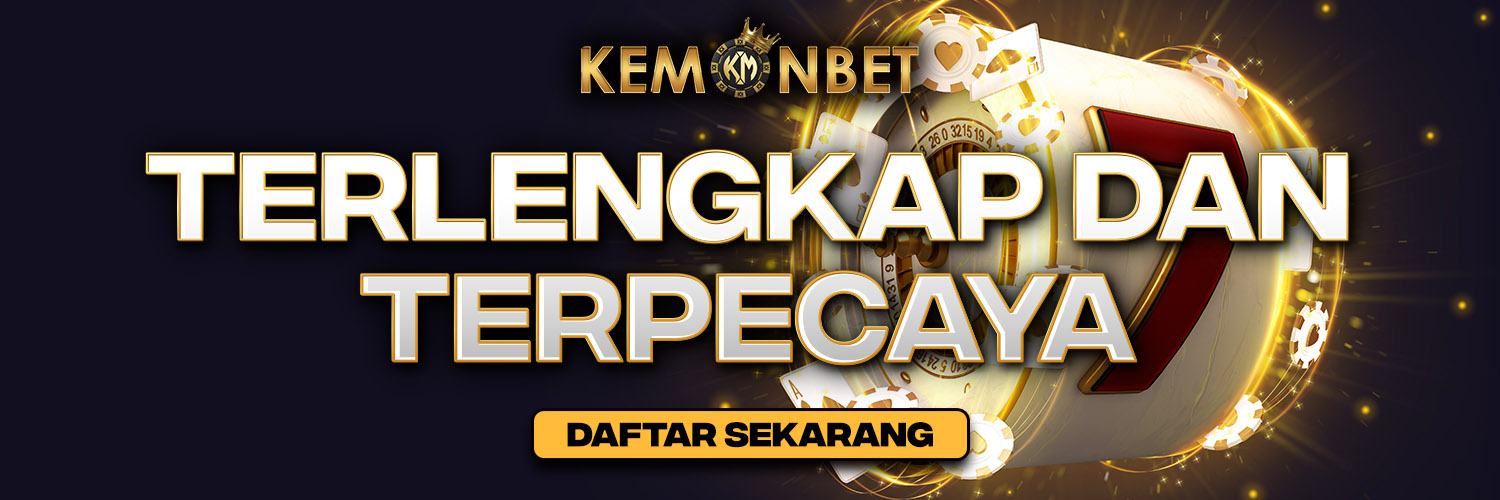Guitar Hero Phenomenon, the game that lets you rock out like a true guitar hero, burst onto the gaming scene in 2005. With its guitar-shaped controller, players could simulate playing lead, bass, and rhythm guitar while jamming to their favorite tunes. Let’s dive into the world of Guitar Hero and its journey through the gaming landscape.
Guitar Hero Phenomenon: Guitar Hero’s Early Days:
RedOctane, known for crafting unique game controllers, teamed up with Harmonix, the brains behind several music video games. Inspired by Konami’s Guitar Freaks arcade game, they created Guitar Hero on a budget of just $1 million. The game’s success soared, leading to RedOctane’s acquisition by Activision in 2007.
Gameplay and Evolution:
In Guitar Hero, players follow on-screen notes and use a guitar controller to match them, strumming in rhythm to score points and keep the virtual crowd hyped. The game mimics real guitar techniques like hammer-ons and pull-offs, giving players a taste of what it’s like to rock on a stage. Over the years, the series evolved to include a four-player band mode with vocals and drums.
Soundtrack Evolution:
Originally featuring cover versions by WaveGroup Sound, Guitar Hero later embraced fully mastered recordings and even special re-recordings of songs. The series introduced downloadable content, allowing players to expand their song library and keep the rock vibes going.
Guitar Hero Phenomenon: Rise to Fame:
Guitar Hero became a cultural phenomenon during the rise of rhythm games in North America. With its unique gameplay, it even found use as a learning tool in medical settings. The first game in the series was hailed as one of the most influential video games of the early 21st century. With over 25 million units sold worldwide and $2 billion in retail earnings, Guitar Hero left an indelible mark.
Challenges and Hiatus: Despite initial success, the series faced challenges, and sales dipped after 2009. Activision, the game’s publisher, announced a hiatus in 2011, citing the need for a break amid the development of a seventh installment. Unfortunately, the emerging product was deemed of poor quality and got canceled. Activision also ceased the sale of downloadable content, affecting the game’s online features.
Guitar Hero Phenomenon: Live:
In 2015, after five years of silence, Guitar Hero Live hit the scene as a reboot of the series. Developed by FreeStyleGames, the creators of DJ Hero, it aimed to revitalize the franchise. However, the game received a lukewarm reception, leading to layoffs at the developer studio. Activision sold the studio to Ubisoft and later shut down the streaming DLC service.
Conclusion:
Guitar Hero’s journey is one filled with high notes and challenges. From its humble beginnings to its status as a gaming icon, the series has left a lasting impact on the world of rhythm games. While it faced setbacks, the spirit of Guitar Hero lives on in the hearts of gamers who fondly remember the joy of strumming along to their favorite tunes with SLOT SERVER THAILAND. So, rock on, Guitar Hero, rock on!


